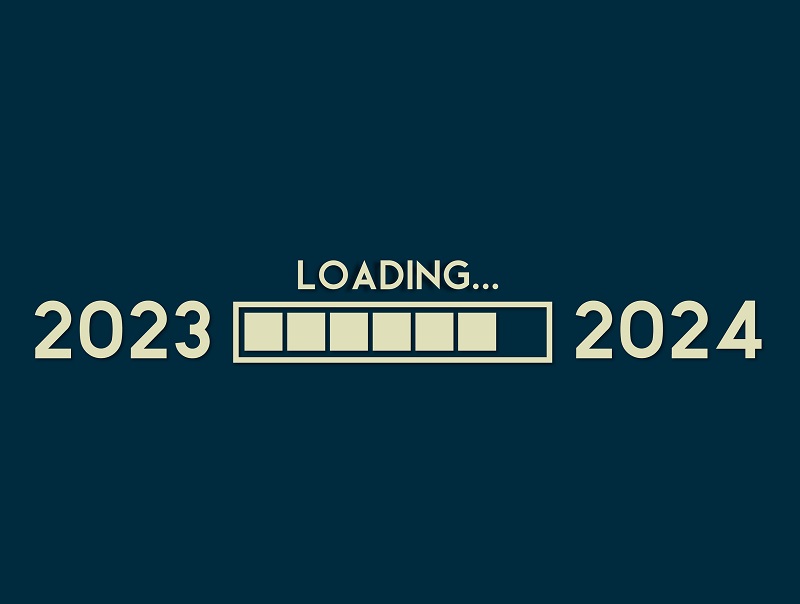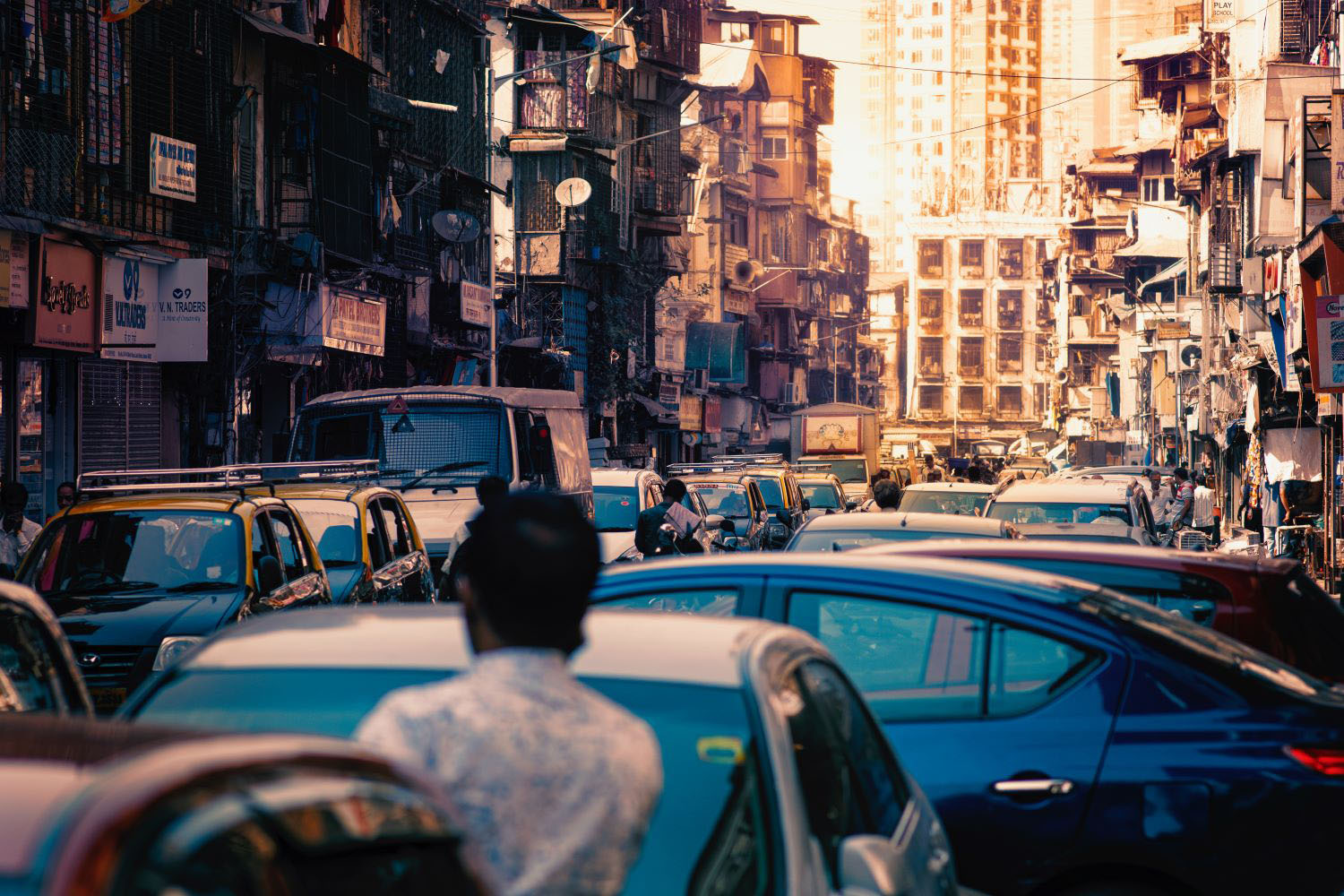I suspect that the fallout from this crisis will remind us all that rich world growth and macro policy still matter for developing countries and for the poor within them, even though some of these economies are very large and have been growing very rapidly. The growing interconnectedness of the world -- globalization -- means that they are victims of our mistakes just as we are increasingly vulnerable to theirs.
As to the particulars, even if a global financial meltdown is averted (through the intervention of the U.S. and other central banks and governments), the end of the real estate bubble and the resulting credit crunch imply a period -- a year or more -- of retrenchment and slower growth in the United States. Europe may also slow, and China, too, as much of its export growth has been fueled by American consumers.
The key question for the poor in emerging markets and low-income countries is how much a slowdown in the U.S. (and possibly Europe) affects growth in their own countries. A slowdown in China (as its exports to the U.S. decline with falling demand here) would also affect developing country commodity producers, for example in Latin America, whose healthy growth in the last 5 or 6 years has depended in part on the high demand for many mineral as well as agricultural commodities in China. Economic growth may not be sufficient to reduce poverty, but experience suggests it is necessary. It seems likely that economic growth worldwide will slow from its fast pace of the last decade, implying that poverty will decline less quickly -- and in some countries the number of poor people will rise.
Growth in many emerging markets will also slow if credit markets stay seized up and yields on their debt rise (as creditors switch to gold or the U.S. dollar), forcing them to raise interest rates both to protect their currencies and to reduce inflation pressures. As Liliana has explained, the resulting increase in fiscal pressures in those economies will also imply reduced capacity to expand their limited social insurance and safety net programs -- another potential blow for their poor.
CGD blog posts reflect the views of the authors, drawing on prior research and experience in their areas of expertise.
CGD is a nonpartisan, independent organization and does not take institutional positions.





